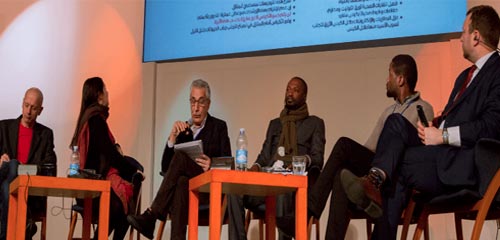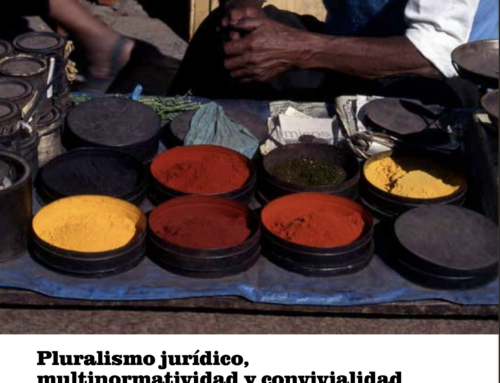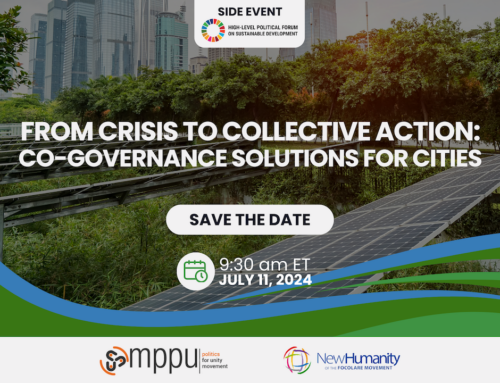Learning to act as a “locomotive” within a group and when organising projects is vital at a time when a sense of authority is faltering, social media is dictating the law and politics seems to be in crisis everywhere. This has happened through initiatives of the Movement for Unity in Politics, NetOne, New Humanity, Sophia, Amu, New Families, Youth for Unity and others.
At the beginning of the third millennium “leadership” has become a key word. Sometimes the term is misused and we no longer know what it means in practice. There are various reasons for this including the phenomenon of globalization and the digital revolution; another is the parallel crisis in traditional models of governance both on a small scale (parishes, associations, neighbourhoods …) and on a much larger scale (businesses, governments, administrations …). And this is happening almost everywhere. Many of the Focolare’s cultural bodies and agencies are interested in this topic, obviously looking at the problem from different perspectives and initiating processes that result in a synergy of disciplines.
One example is the Co-governance Congress that took place last January in Castelgandolfo, organized by New Humanity, Unity in Politics and other cultural agencies in the Movement. Its content is still making an impact in various parts of the world. The congress did not propose a model so much as a style of governance based upon the principle of the charism of unity; in other words, based upon the prefix “co” that expresses a willingness not to give in to individualism and solipsism and to understand that, in part, “sovereignty” and “power” lie in those moments of striving together for the common good.
The Sophia University Institute has also worked on the topic of leadership, approaching it from a range of different areas including human and social sciences, politics and economics. In particular, it is interested in leadership within the context of the “culture of unity”, drawing together many different perspectives. This is the logical consequence, if you like, of one of the slogans which were popular at the start of the gen movement in 1967-1968, in particular among some French people including Goffinet and Garoche. They published a brochure with the striking title: “Change yourself to change the world, change the world to change yourself.” At that time, there was already a need for leadership enlightened by the Gospel, rich in the contributions of the human and social sciences, attentive to the inspirations of the charism of unity.

Some students and teachers from Sophia, New Humanity and the Movement for Unity, with the collaboration of other cultural agencies in the Movement, have set up a three-year project that focuses on Africa. The first stage of this project took place in Kenya in January 2019. More than 100 young people from seven countries in the region (Kenya, Uganda, Tanzania, South Sudan, Rwanda, Burundi and the Democratic Republic of Congo) attended a meeting about African leadership. There were contributions from UNESCO, the Kenya National Commission, Caritas and Missio. “Together4Africa”, as it is called, proposes “African leadership” in a style free from overly western models and valuing all that local cultures have generated over the centuries regarding the management of power and authority.
Another initiative worth noting is “Community Leadership in the Light of the Gospel”. It was promoted by NetOne and New Humanity Lebanon, again with Sophia and the Movement for Unity in the Middle East. In the region, there is need for formation to equip men and women, especially young people, to set up and lead groups, to solve local problems and to contribute to the common good of their city, their Church and their country. They also need to be able to relate to other local communities, both civil and religious. Houses need to be rebuilt but, above all, hearts and minds need to be restored and renewed. The project which has a base in Marsat offers useful training to bring life back to many young people and many ecclesial communities in Syria, Iraqi Kurdistan, Jordan and Lebanon. Obviously, different aspects of leadership are taken into account – everything from psychological, social, ecclesial, ecumenical, organisational, economic and charitable perspectives are taken into consideration. The first phase in Lebanon has been completed, the second in Aleppo, Syria is underway, while the Jordanian phase will take place between September and December 2019. The others will follow.
Michele Zanzucchi






Leave A Comment